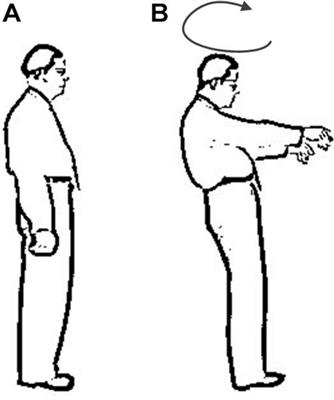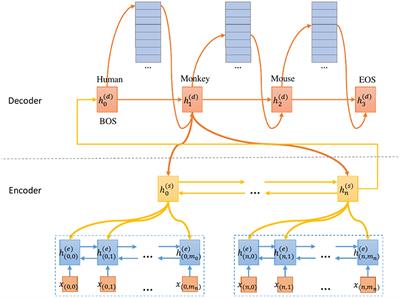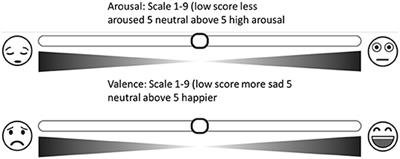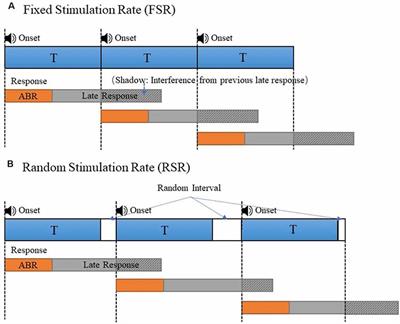EDITORIAL
Published on 10 Sep 2021
Editorial: Enabling Wearable Brain Technologies - Methods and Applications
doi 10.3389/fnhum.2021.722388
- 1,280 views
- 1 citation
14k
Total downloads
111k
Total views and downloads
EDITORIAL
Published on 10 Sep 2021
ORIGINAL RESEARCH
Published on 01 Apr 2021

REVIEW
Published on 09 Feb 2021

RETRACTION
Published on 26 Jan 2021
METHODS
Published on 18 Sep 2020

ORIGINAL RESEARCH
Published on 31 Aug 2020
ORIGINAL RESEARCH
Published on 31 Jul 2020

TECHNOLOGY AND CODE
Published on 21 Apr 2020

ORIGINAL RESEARCH
Published on 07 Apr 2020

ORIGINAL RESEARCH
Published on 20 Mar 2020
